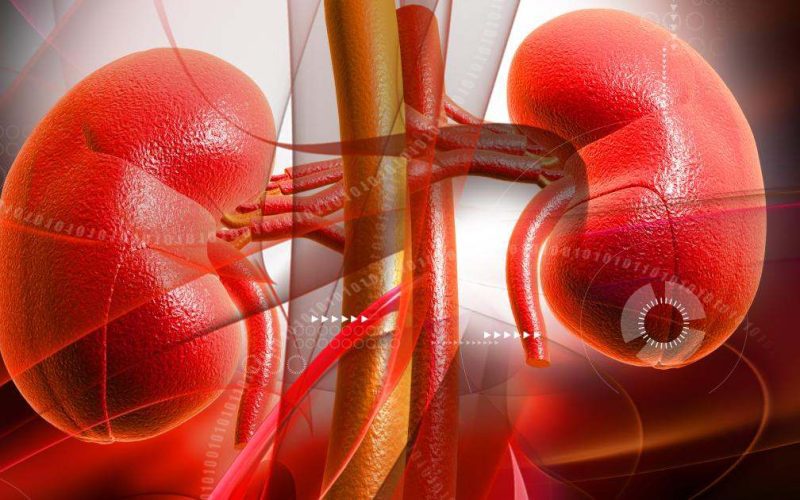Introduction
Dialysis is a vital medical procedure for individuals with kidney disease, serving to remove waste products and excess fluid from the bloodstream when the kidneys are no longer able to perform this function adequately. This comprehensive guide aims to delve deeper into the various aspects of dialysis, including its necessity, when to start, financial considerations, and the potential for kidney recovery post-dialysis.
Necessity of Dialysis
In the early stages of chronic kidney disease (CKD), dialysis is not typically required. The progression of CKD occurs over years, and during the initial stages, the kidneys may still retain some functionality. However, as the disease advances and the kidneys’ ability to filter waste declines, the need for dialysis becomes inevitable.
Indications for Dialysis
Determining when to initiate dialysis is crucial and is often guided by specific indicators. According to guidelines from the National Kidney Foundation, dialysis is recommended when kidney function drops to 15% or less. Additionally, severe symptoms such as shortness of breath, fatigue, muscle cramps, nausea, or vomiting may prompt the initiation of dialysis. These symptoms indicate significant impairment in kidney function, necessitating immediate intervention to maintain overall health and well-being.

Coverage and Financial Considerations
Access to dialysis is essential for individuals with kidney failure, but concerns about the financial burden can be daunting. Fortunately, various insurance options exist to help alleviate this burden. Private insurance typically covers dialysis treatment, ensuring that individuals can receive the care they need without facing overwhelming expenses. For those without private insurance, federal or state-funded programs such as Medicare or Medicaid offer assistance, ensuring access to essential healthcare services.
Medicare, in particular, plays a significant role in covering dialysis costs for eligible individuals. Even for those under the age of 65, Medicare coverage is available, with the program paying for 80% of treatment costs once kidney function has declined to a certain threshold or when deemed medically necessary by a healthcare provider. This coverage provides crucial financial support, ensuring that individuals can access dialysis treatment without facing insurmountable financial barriers.
Preparation and Decision-Making
Preparing for dialysis involves not only understanding the treatment itself but also exploring potential alternatives such as kidney transplantation. As kidney disease progresses to Stage 4, characterized by a severe decrease in glomerular filtration rate (GFR) to less than 30 mL/min, it becomes essential to consider treatment options and make informed decisions about the course of action.
Consultation with healthcare providers is critical during this decision-making process, as they can provide valuable insights and guidance based on individual circumstances. Understanding the different types of dialysis and transplant options available allows individuals to make choices that align with their preferences and healthcare needs.

Financial Considerations and Insurance Coverage
Navigating the complexities of insurance coverage can be challenging, but resources and support are available to help individuals understand their options. Employer group health plans often cover dialysis initially, with Medicare serving as a secondary payer after a certain period. Understanding the specifics of insurance coverage and out-of-pocket expenses is essential for planning and budgeting effectively.
Consulting with dialysis or transplant centers can provide clarity on insurance coverage and expected costs, ensuring that individuals are fully informed and prepared for the financial aspects of treatment. Additionally, resources such as DaVita Guest Services offer assistance and guidance to individuals seeking information and support regarding their insurance coverage and financial responsibilities. Explore other Health Problems
Kidney Recovery Post-Dialysis
One common question among individuals undergoing dialysis is whether their kidneys can recover once treatment begins. The potential for kidney recovery depends largely on the underlying cause of kidney failure and whether it is acute or chronic in nature.
Acute kidney failure, often resulting from sudden stress or injury to the kidneys, may have a better prognosis for recovery compared to chronic kidney failure, which typically occurs gradually over time. Causes of acute kidney failure include insufficient blood supply to the kidneys, obstructed urine flow, and reactions to allergens or toxic substances.
Chronic kidney failure, on the other hand, is often associated with long-term conditions such as diabetes, high blood pressure, glomerulonephritis, or polycystic kidney disease. In these cases, the damage to the kidneys is progressive and irreversible, making recovery less likely.
Conclusion
In conclusion, dialysis plays a crucial role in managing kidney disease and ensuring the overall health and well-being of affected individuals. Understanding the necessity of dialysis, navigating insurance coverage and financial considerations, and exploring the potential for kidney recovery post-dialysis are essential aspects of the treatment journey. By staying informed, consulting with healthcare providers, and planning effectively, individuals can optimize their dialysis experience and maintain the best possible quality of life.












